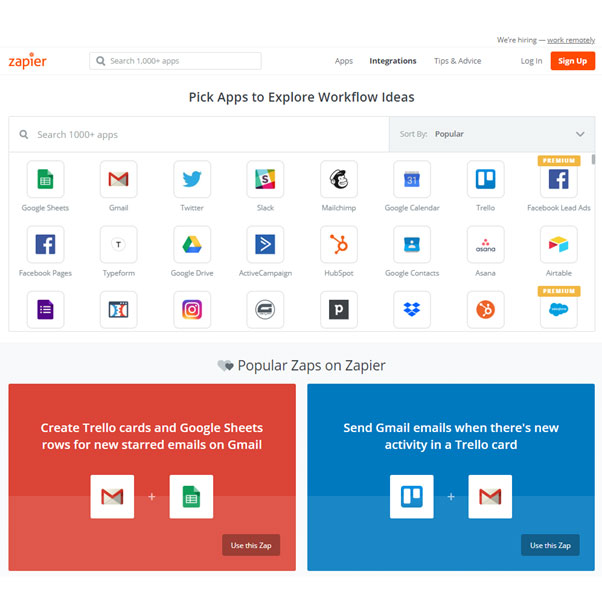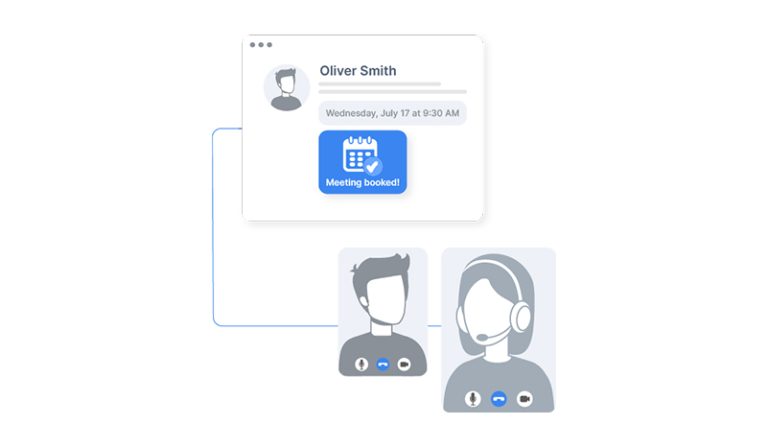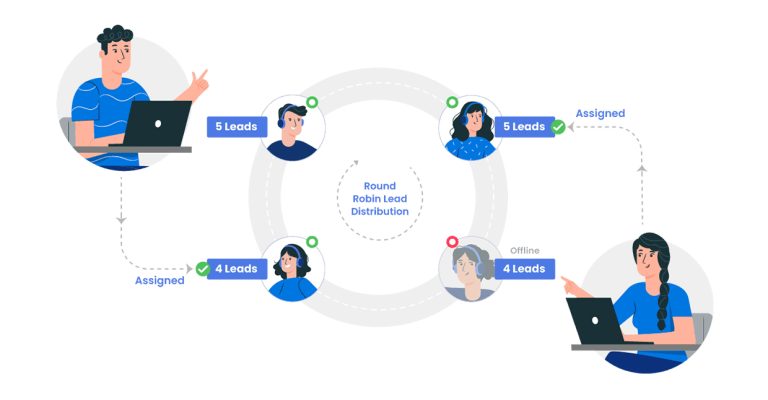In today’s highly competitive business landscape, sales teams are constantly seeking new and innovative approaches to increase their revenue streams. One such approach that has gained significant popularity in recent years is the round robin sales strategy. This approach is based on the concept of distributing leads evenly among sales reps, ensuring a fair chance for each representative to convert prospects into customers. In this article, we’ll dive deep into what round robin sales is, why it’s important, how it works, and how it can help your business.
What is round robin sales?
Round robin sales, also known as round robin scheduling, is a system used in sales strategy that involves evenly distributing leads among sales representatives in a predetermined and rotating order. The idea behind this approach is to ensure that all representatives have an equal opportunity to sell to prospective customers. In a round robin sales system, leads are not assigned to a specific sales representative but rather distributed in a circular pattern. This means that every representative has an equal chance to receive leads, and it eliminates the possibility of favouritism or bias in lead distribution.
Why is round robin sales important?
One of the most significant benefits of round robin sales is that it creates a fair and equal distribution of leads among sales representatives. This approach ensures that no sales representative is unfairly burdened with an excessive number of leads, while others are left with none. This equal distribution of leads boosts morale and motivation among the sales team, leading to a higher rate of customer conversion and, ultimately, increased revenue.
Another advantage of round robin sales is that it eliminates the possibility of cherry-picking by sales representatives. Cherry-picking is when sales representatives choose to work only on leads that they perceive as being the most promising, leaving less promising leads unattended. This approach can be detrimental to the sales process and result in lost revenue opportunities. round robin sales eliminates cherry-picking by assigning leads randomly to sales representatives, ensuring that all leads are given an equal chance of being converted.

Solves the problem of lead neglect
According to a study by InsideSales, 30-50% of sales leads are never followed up on.
With round robin sales, leads are distributed equally, ensuring that every lead is followed up on in a timely manner. Prevents the problem of overburdening sales representatives.
Another study completed by Harvard Business Review found that, sales representatives spend only 36.6% of their time on actual selling activities. round robin sales ensures that all sales representatives receive an equal number of leads, preventing overburdening of any one representative.

3 ways round robin sales has evolved
1. Automation
The most recent evolution of round robin sales involves automation. With advancements in technology, it is now possible to automate the lead distribution process, ensuring that leads are distributed fairly and equally without the need for human intervention.
Integration with CRM Systems
In recent years, round robin sales has evolved to include integration with Customer Relationship Management (CRM) systems like Hubspot. This integration ensures that leads are automatically entered into the CRM system and assigned to sales representatives in a rotating order.
2. Customization of Distribution Rules
Another recent evolution of round robin sales is the ability to customise distribution rules. Sales teams can now specify rules such as assigning leads based on geographic location, industry, or product interest, ensuring that leads are assigned to the most appropriate sales representative.

3. Real-time Notifications
Real-time notifications are another recent development in round robin sales. Sales representatives can now receive notifications in real-time when a new lead is assigned to them, ensuring that they can follow up with the lead promptly.
Analysis and Reporting
With the increasing importance of data analysis, round robin sales has evolved to include analytics and reporting features. Sales teams can now track the performance of each sales representative, the conversion rates of leads, and other key metrics, providing valuable insights for future sales strategies.
How does round robin sales work?
In a round robin sales system, leads are assigned to sales representatives in a predetermined order. This order is typically based on a rotating pattern, which means that each sales representative gets an equal number of leads in a given period. For instance, if there are ten sales representatives in a team, and the round robin sales system is set to rotate every ten leads, each representative will get a chance to work on ten leads before the cycle starts over.
There are different ways to implement a round robin sales system. Some businesses use software applications that automate the lead distribution process, while others use manual methods such as drawing names out of a hat. Regardless of the method used, the key to a successful round robin sales system is to ensure that the lead distribution is fair and unbiased.
How can round robin sales help your business?
Round robin sales can help your business in many ways. First and foremost, it ensures that all leads are given an equal opportunity to be converted into customers. This approach leads to a higher rate of customer conversion and, ultimately, increased revenue. By creating a fair and equal distribution of leads, round robin sales also boosts morale and motivation among sales representatives. This, in turn, leads to a more productive and engaged sales team, resulting in better performance and higher revenue.
Additionally, round robin sales can also help your business identify areas for improvement in your sales process. By tracking lead distribution and conversion rates, you can analyze which sales representatives are performing well and which areas of your sales process need improvement. This data can be used to optimize your sales process and improve your overall sales performance.
10 benefits of using round robin sales for your sales team:
1. Increased Efficiency and Productivity
By ensuring that all leads are distributed equally, round robin sales prevents any sales representatives from being overburdened or neglected.
This approach streamlines the sales process, allowing representatives to focus on selling rather than worrying about lead distribution.
2. Better Lead Management
Round robin sales ensures that all leads are followed up on in a timely manner, improving the overall management of leads.
This approach eliminates the possibility of cherry-picking leads, ensuring that every lead is given an equal chance to convert.

3. Fairness and Equality in Lead Distribution
Round robin sales eliminates bias and favouritism in lead distribution by assigning leads in a predetermined and rotating order. This approach ensures that all sales representatives have an equal opportunity to sell to prospective customers.
4. Improved Team Morale and Motivation
When leads are distributed fairly, sales representatives are more motivated to work and feel valued. This increased morale translates into a more productive and engaged sales team.
5. Higher Conversion Rates
Round robin sales ensures that all leads are given an equal chance to convert, resulting in higher conversion rates.
This approach eliminates the possibility of certain leads being overlooked or neglected, leading to lost revenue opportunities.
6. Enhanced Customer Experience
By ensuring that leads are followed up on in a timely and efficient manner, round robin sales improves the overall customer experience. This approach ensures that customers receive prompt and personalised attention from sales representatives.

7. Easy Lead Tracking
Round robin sales makes it easy to track the progress of each lead.
This approach allows managers to monitor the performance of their sales team and identify areas for improvement.
8. Reduced Conflict and Competitiong
Round robin sales makes it easy to track the progress of each lead.
This approach allows managers to monitor the performance of their sales team and identify areas for improvement.
9. Improved Sales Process Optimization
By tracking lead distribution and conversion rates, round robin sales provides valuable data that can be used to optimise the sales process. This approach allows businesses to identify areas for improvement and make data-driven decisions to improve their sales process.

10. Cost Savings
Round robin sales can save businesses money by ensuring that leads are distributed efficiently and effectively. This approach eliminates the need for businesses to invest in expensive lead distribution software or hire additional sales representatives.
Conclusion
In summary, round robin sales is a powerful sales strategy that can help businesses increase revenue and improve their sales process. By distributing leads evenly among sales representatives, this approach ensures a fair and equal opportunity for all representatives to convert










